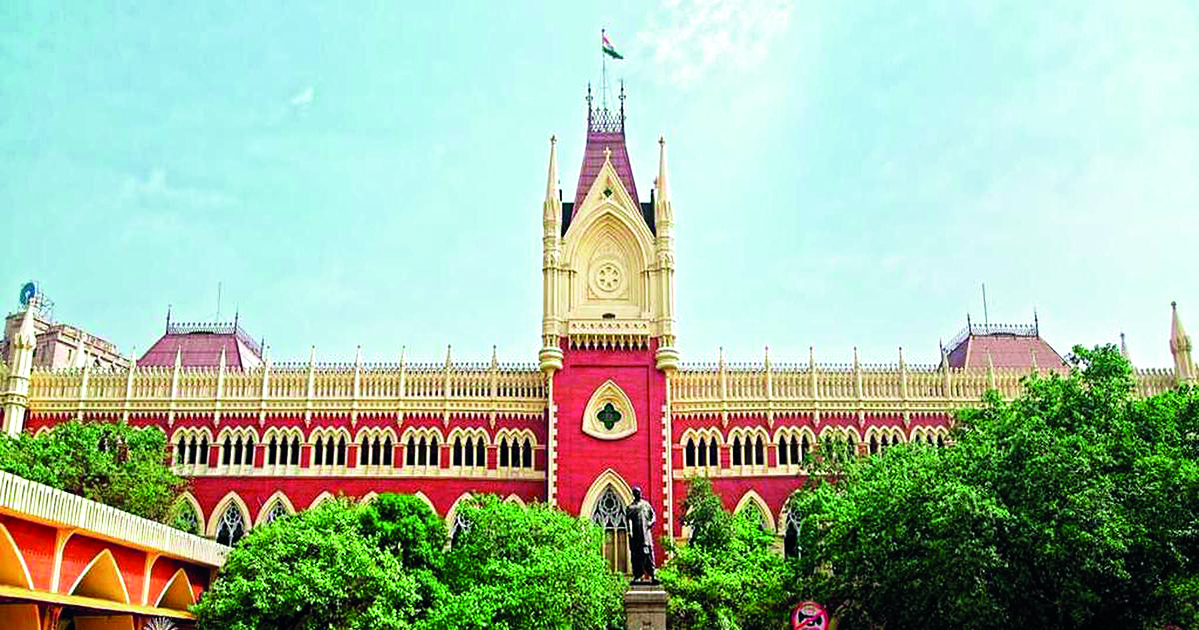HC grants premature release to person incarcerated for over 23 years

The Calcutta High Court recently granted premature release to a person who was incarcerated for more than 23 years upon being convicted of an organised crime of kidnapping a minor.
The petitioner and his wife challenged the decision of the State Sentence Review Board (SSRB) which refused the petitioner’s request for premature release. Even after being allowed on parole without police escort for 497 days, there was no adverse report against the petitioner. Despite all these being reflected in the impugned decision itself, along with the fact that the petitioner intends to reside with his family members at his native village in Bhagalpur and to engage in agriculture, on the basis of the report of the police authorities, the SSRB refused the request.
Counsel for the State submitted that upon a balance of all the relevant yardsticks, the SSRB, in the detailed decision taken by it, have factored in the consideration that the petitioner is 44 years of age and if he could have committed such an organised crime 23 years back, it is all the more possible that he may commit such crime with more professional approach now. It was opined that the convict is a hardcore criminal and earned money by way of committing crime and maintained his livelihood.
The victim’s family objected to the premature release of the petitioner. It was found that the Superintendent of the Presidency Correctional Home, where the petition was incarcerated explained that throughout the period, the petitioner was assigned different labours and he had performed his tasks with sincerity and honesty. His behaviour with other inmates was cordial and helpful. Nothing adverse was reported against the petitioner, who in his 497 days of parole was without police escort when he visited his family in Bhagalpur. This, according to the Court indicates that the petitioner has lost inclination to commit the nature of crime for which he was convicted.
He wished to reside with his family members at his native village and to engage himself in agriculture. Thus, it is seen that the petitioner is still capable and of an age where he can be reintegrated and rehabilitated in mainstream society. “Our society, which cannot absolve its liabilities altogether in any crime of such nature, cannot cast a double stigma on the petitioner by punishing him again in refusing premature release and refusing him an opportunity to reintegrate in main-stream society. Such refusal, if comes about, will also be a social crime against the petitioner and cannot be approved by a court of law,” Justice Sabyasachi Bhattacharyya observed.



